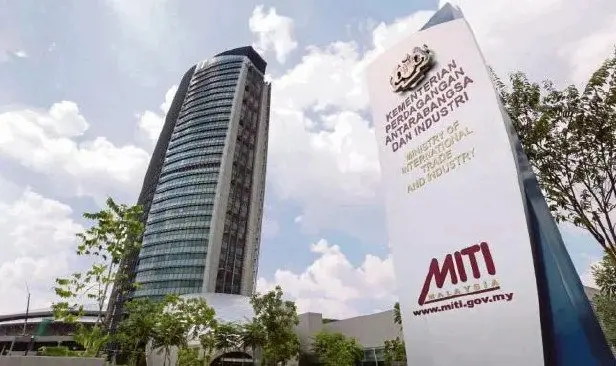SUBANG JAYA, Oct 18 — The Ministry of Investment, Trade, and Industry (Miti) is open to collaborating with financial institutions to explore ways to introduce net-zero financing options in Malaysia, in line with the New Industrial Master Plan 2030 (NIMP 2030).
Its deputy secretary-general Datuk Hanafi Sakri said new ideas and mechanisms are needed to fund these green transition projects and initiatives effectively.
“At the same time, we need new structures to account for new investments of corporate finance for the green transition,” he said in his keynote address titled “Financing the Net-Zero Mission”.
Hanafi, today, represented Deputy Investment, Trade, and Industry Minister Liew Chin Tong at the 25th Malaysian Finance Association International Conference (MFAIC), themed “Positioning the Financial System Towards a Sustainable Economy and Green Finance“.
The ministry is determined to play its part in helping the country to achieve the net-zero target by 2050.
“Our commitment, via the net-zero mission of the NIMP 2030, one of the four missions outlined, is premised upon the thinking that the move towards net zero can be used as a strategic advantage by industries in the country,” he said.
While initial capital investment is needed for the green transition, companies which strategise effectively can get ahead of the curve and be in a better position to meet the environmental, social, and governance (ESG) challenges for the future.
“Companies which invested in solar renewable energy before 2023 would have been less negatively affected by the increase in electricity prices at the beginning of the year.
“Similarly, companies which took the effort to automate more of their manufacturing processes would also have enjoyed long-term cost savings in reducing transportation and housing costs for their workers,” Hanafi added.
Meanwhile, MFAIC organising committee general chair and Taylor’s University Faculty of Business and Law executive dean Eddy Chong said ESG principles have initiated a paradigm shift in how investors assess risk and opportunity.
“No longer confined to the traditional financial metrics, they now assess investments regarding social impact, ethics, and sustainability.
“This new approach exerts an indelible influence on the broader economy, affecting industries, permeating industries, reshaping corporate strategies and driving societal expectations towards a more sustainable and responsible future,” he said in the conference’s panel discussion.
Under Budget 2024, a RM200 million initial allocation has been allotted for the NIMP Industrial Development Fund and the NIMP Strategy Co-Investment Fund.
— Bernama





